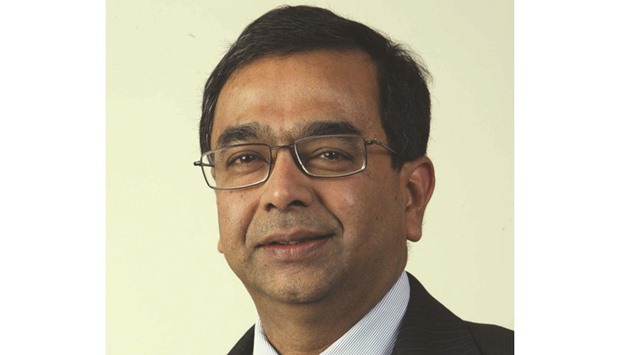The World Innovation Summit for Health (WISH) will hold a Cardiovascular Disease (CVD) Forum during its 2016 conference in November.
The forum will offer a brief overview of coronary heart disease, including its epidemiology, burden, and pressure on healthcare systems, outlining the distinction between illness prevention and management of acquired risk factors. Professor K Srinath Reddy, president of the Public Health Foundation in India, will chair the forum.
It will also outline innovations in strategies to ensure prevention. These include lifestyle choices and broader tobacco controls, such as the impact of smoking bans in public places. Additionally, participants will learn about the potential policies and innovations that can be applied more broadly by policymakers from prevention to treatment.
WISH, a global initiative of Qatar Foundation for Education, Science and Community Development, is a global healthcare community dedicated to capturing and disseminating the best evidence-based ideas and practices.
Professor Reddy said: “Cardiovascular diseases constitute the leading cause of death globally, and are now posing a major threat to the economic development of many nations because of the high burden of premature deaths and disability. Effective strategies for prevention across the life course, based on available knowledge of impactful interventions, are an urgent priority for health policy and systems.”
CVD is now considered the leading cause of death in the developed world and is set to become the number one cause of death in the developing world, the forum will show.
During the forum, experts will present ‘value pools’, a collection of policies for improved outcomes and costs, using a wide range of global healthcare systems that have found success in utilising the practice, among them WHO’s mHealth NCD initiative in Senegal.
Egbert Schillings, CEO, WISH, said: “Cardiovascular disease is estimated to account for up to 50% of the global non-communicable disease burden. If some risk factors, such as diabetes and obesity, continue to increase rapidly, CVD prevalence and associated costs might increase even more. From a value-perspective, a focus on prevention therefore promises the best investment, but we also know that it is very challenging to do, not least politically.”

Professor K Srinath Reddy will chair the Cardiovascular Disease Forum.
